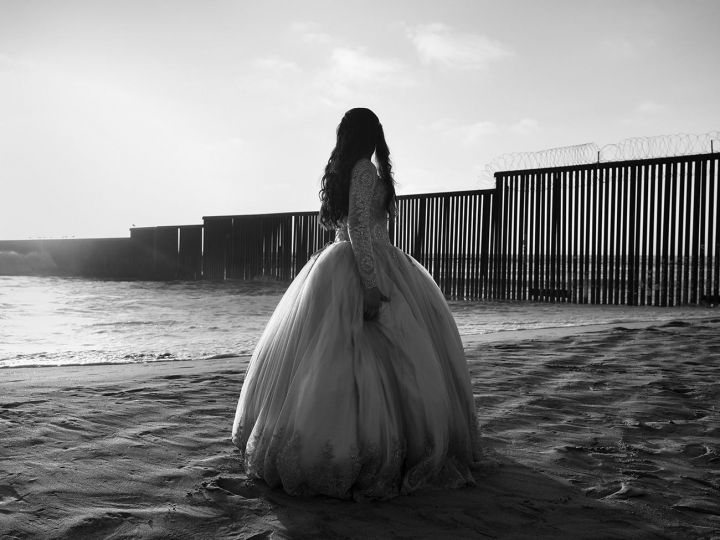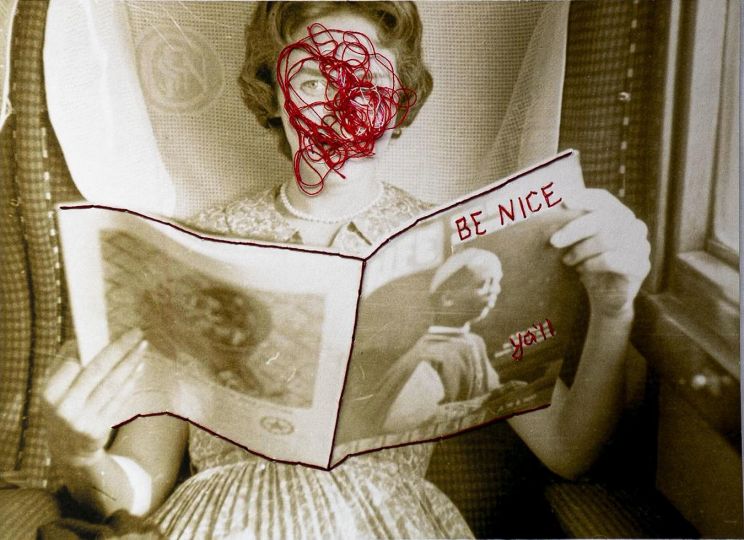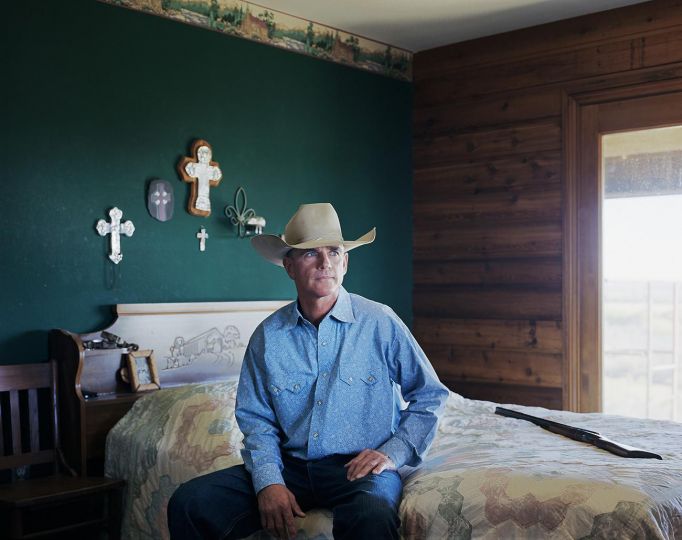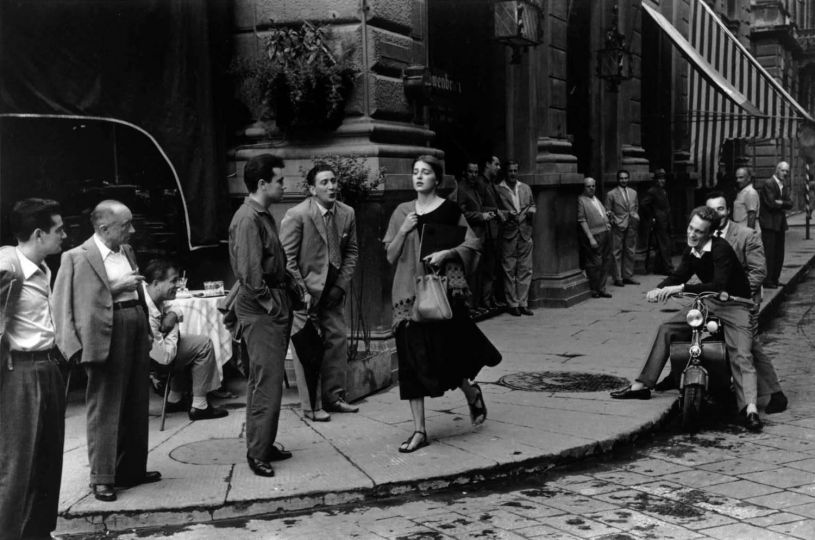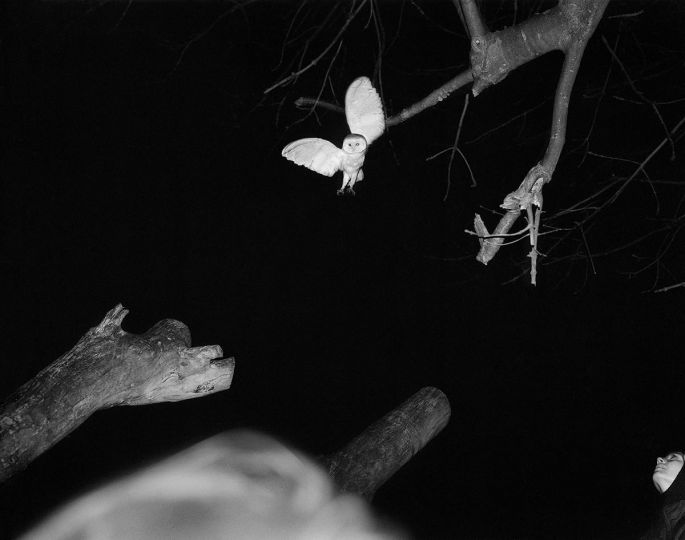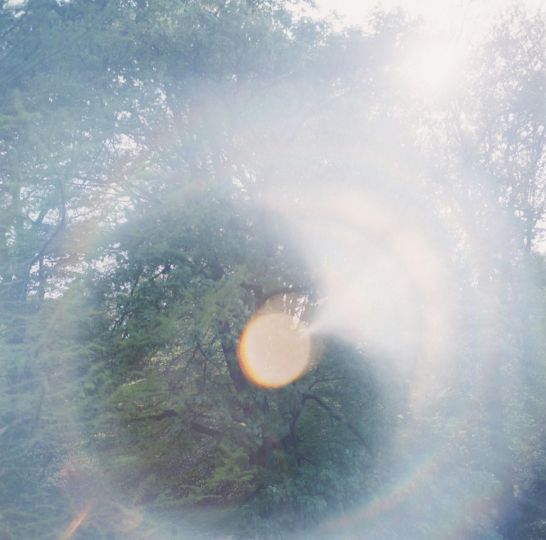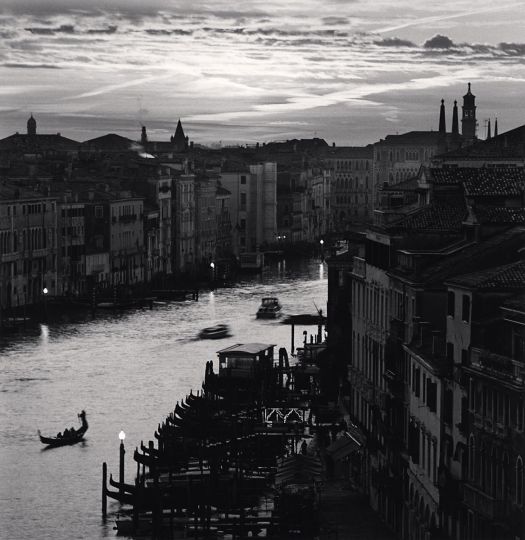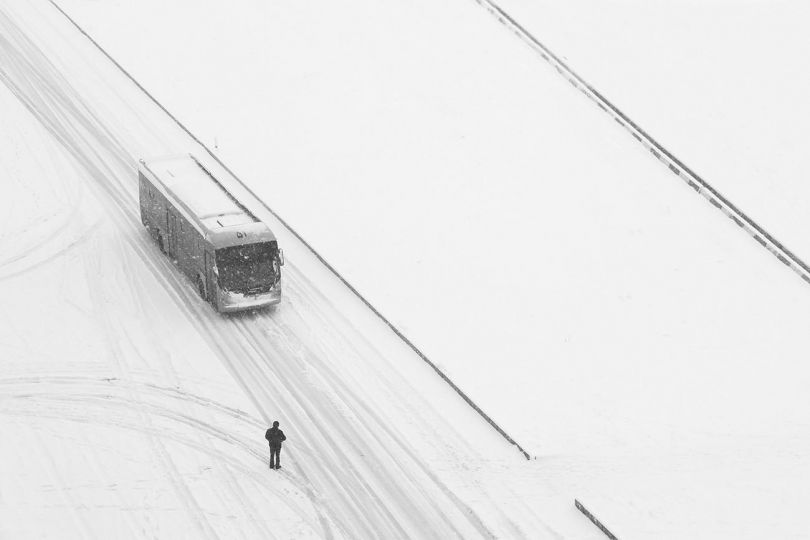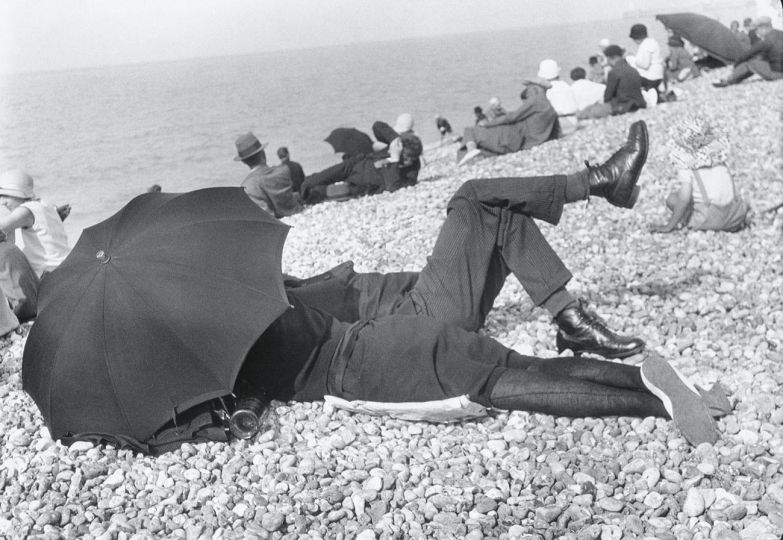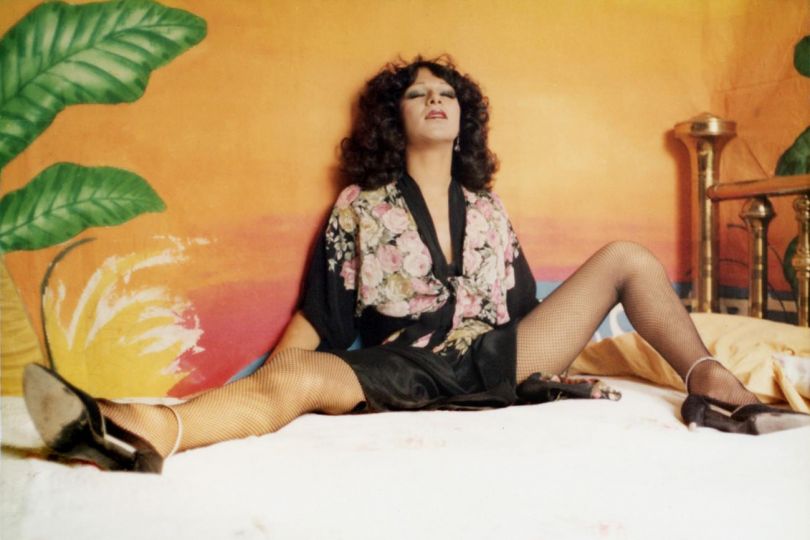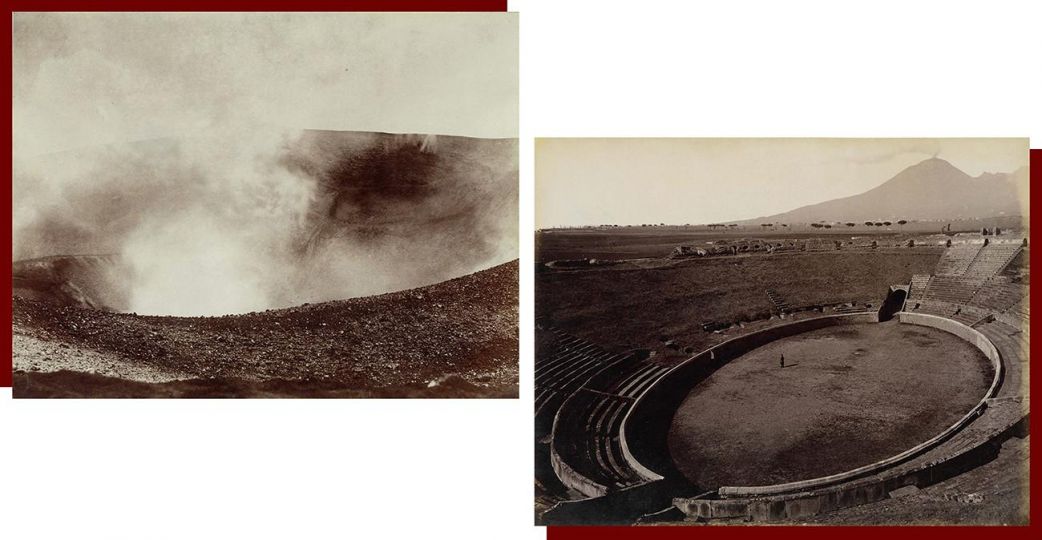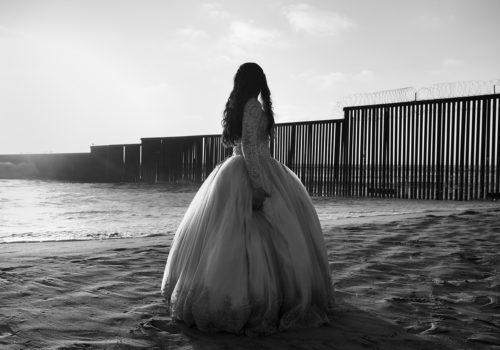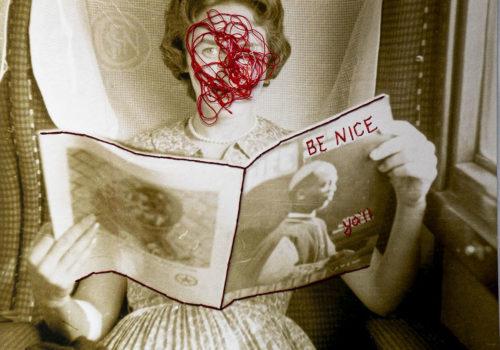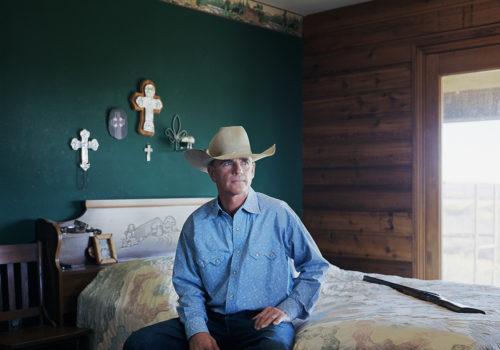Batroun is a city and a district. Located in northern Lebanon, mostly spared by the sixteen years of civil war, it is said that its inhabitants have not been contaminated by the events, and you can feel it when you are with them. In this region, many images circulate on social media. Feet in the water, stand-up paddlers on the horizon and sunsets. Having become a beach resort, there is a unique seafront. Coves, sources of cold water, and long sand or pebble beaches. It is known that the Phoenicians constructed a port there of which some ramparts remain, that in 14th century BC its name was written in Akkadian, but Batroun’s history is yet to be written. Time will take care of things. To specifically illustrate the period from 1950-1970, a time when Lebanon was still called the Switzerland of the Middle East, Émile Boulos’ images, discovered by archivist and collector Alfred Moussa, will certainly do the trick.
Abandoned in plastic bags, the films were only waiting to be discovered. Alfred passed by . He offered to take them and develop them. He stacked them up in a van, the kind that is used for transporting fruits and vegetables, headed for Kaslik, the university, and his office where the images would be revealed little by little. As the city’s first professional photographer, today deceased, every citizen came to his studio or behind his camera at least once. Unique archives. Studio portraits by the thousands. Great-grandparents, grandparents, and parents. Children, cousins, and nephews. Faces beaming with light in these black and white photographs, all taken with a large format camera. A transexual, a holy sister, and prisoners. A hookah smoker, a dancer, and motorcycles we would enjoy to ride by the sea.
Long and difficult research work still remains to be done in order to know when and where each photo was taken, but here is a first publication that reminds us of the Hashem El Madani/Akram Zaatari duo and the Arab Image Foundation. Being a photography collector and archivist is to be the keeper of the memory of a country. The history of Lebanon is still written and rewritten everyday. The discovery of these unique documents is yet another example of that.
Sabyl Ghoussoub
Sabyl Ghoussoub is a journalist and photographer and was the director of the Lebanese film festival in Beirut between 2011 and 2015.


